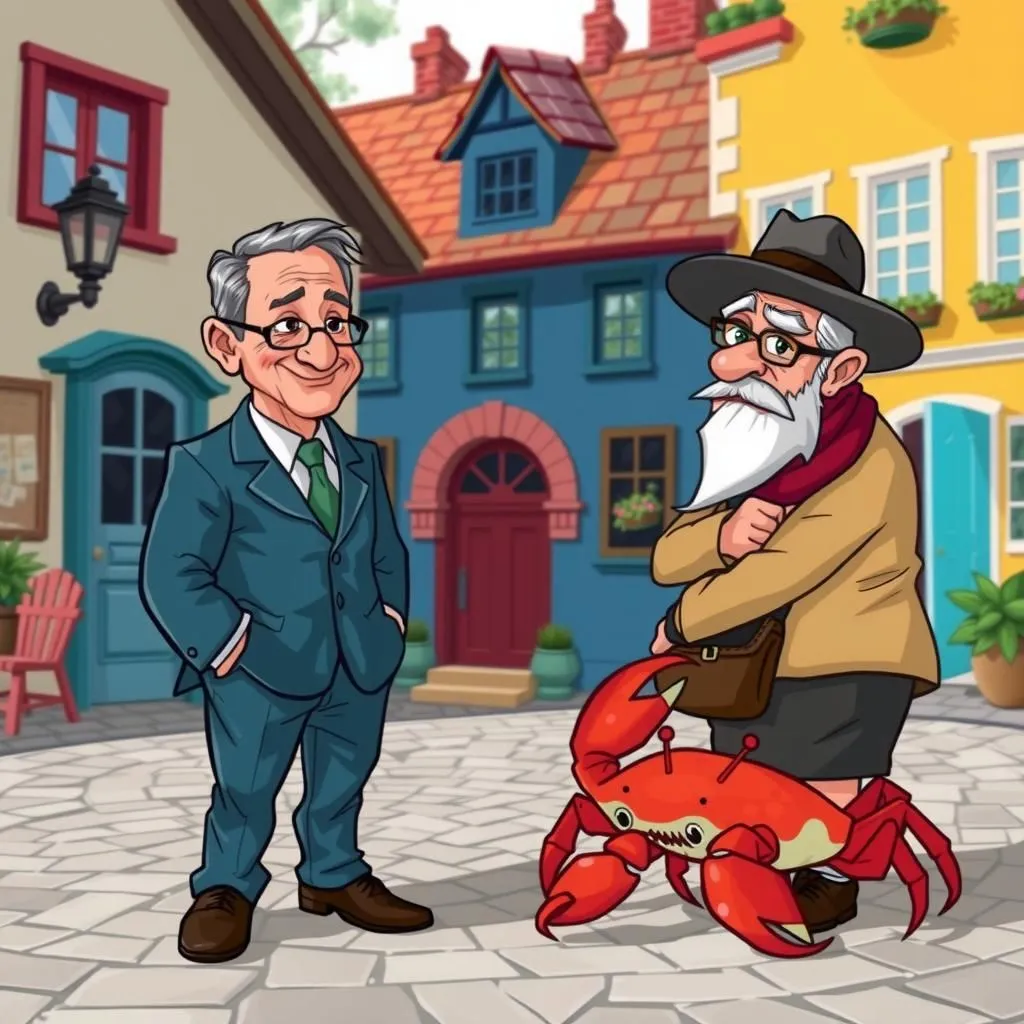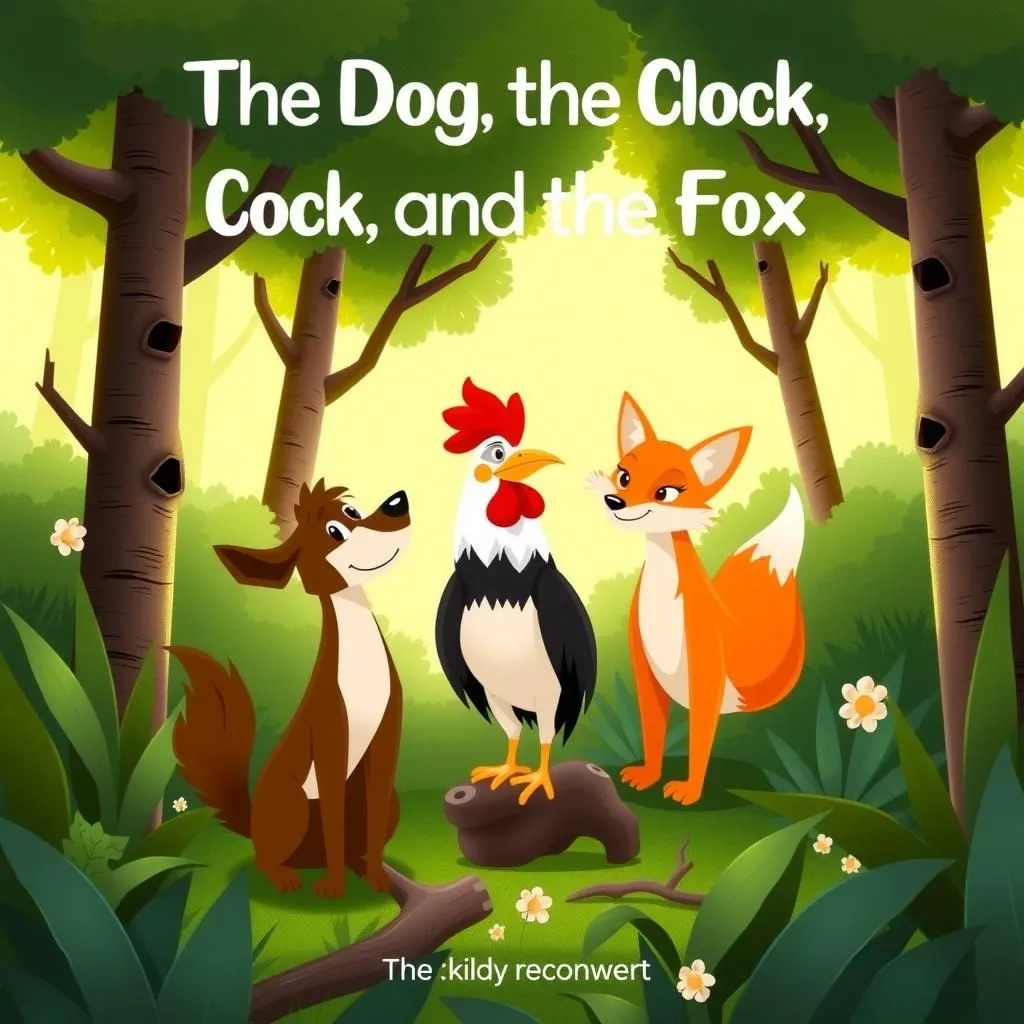
The Legislator and the Citizen
In this humorous moral story, an ex-Legislator seeks a recommendation from a Most Respectable Citizen for the position of Commissioner of Shrimps and Crabs, despite his notorious past of selling influence. Initially outraged, the citizen ultimately agrees to help, crafting a witty letter that highlights the irony of political corruption and emphasizes that an honest man should only "swap" influence rather than sell it. This timeless moral tale offers a valuable lesson on integrity, making it an engaging choice for kids' moral stories.


